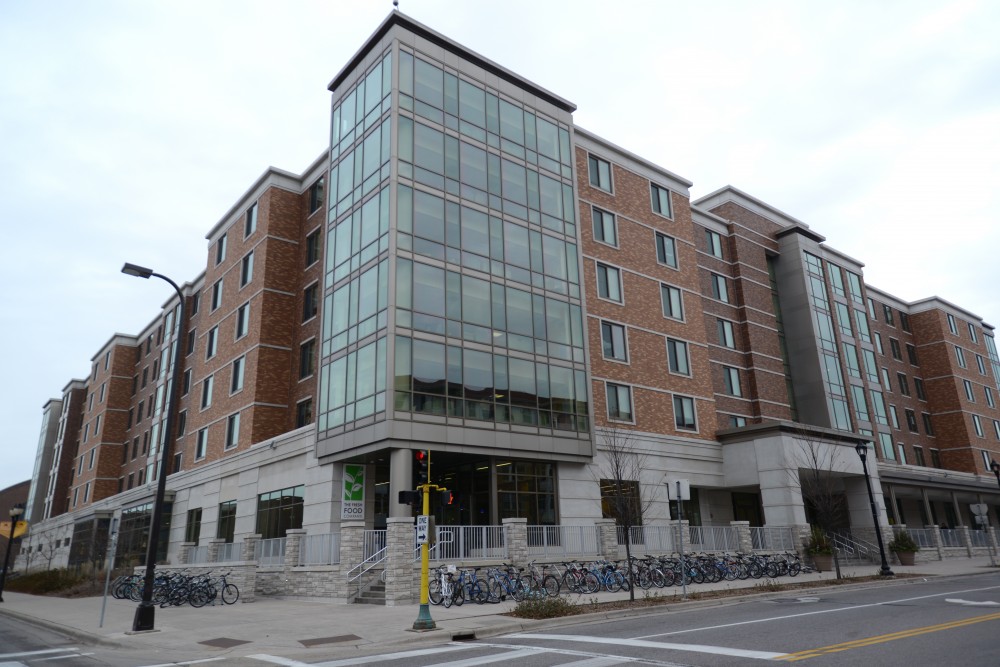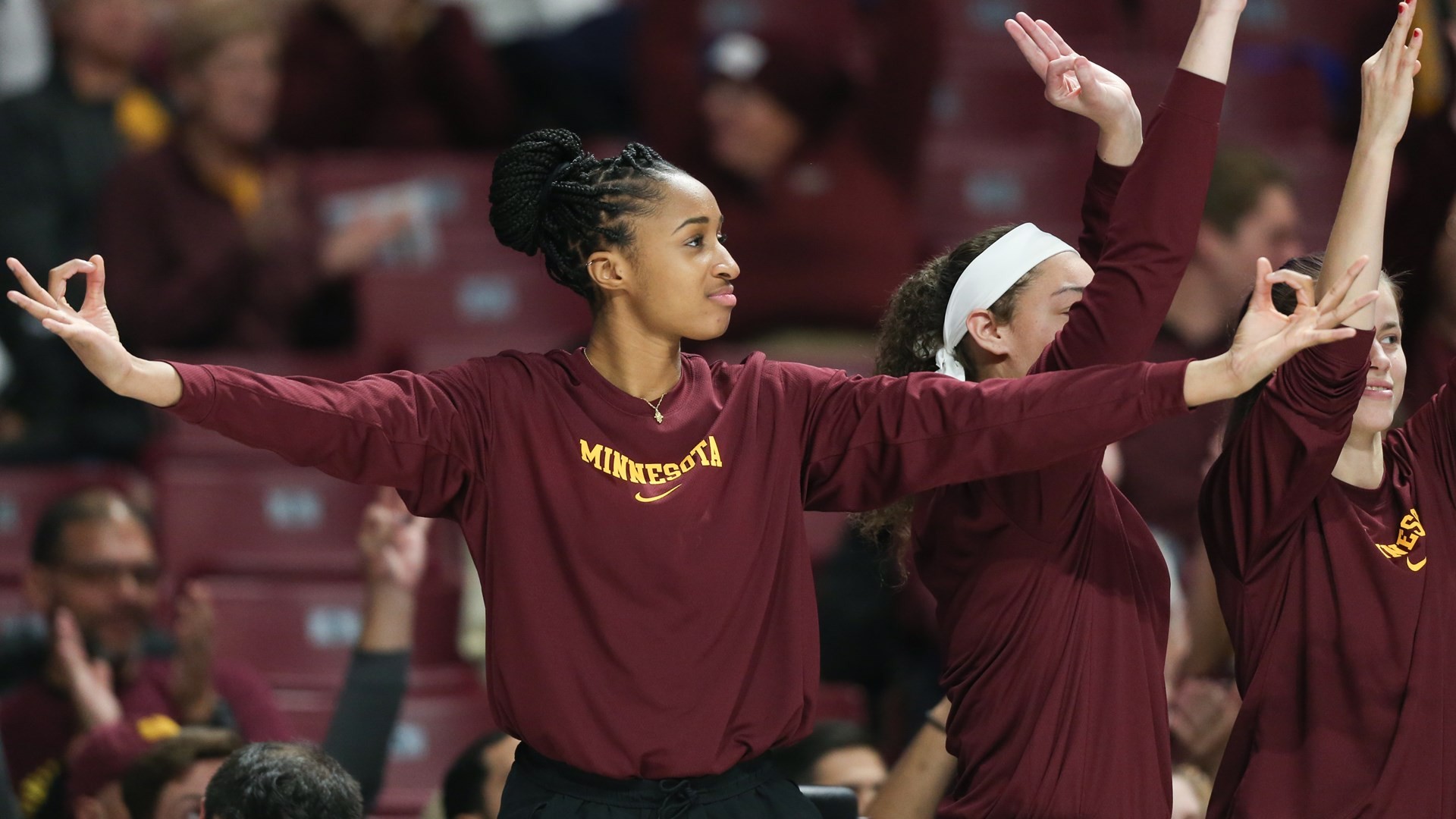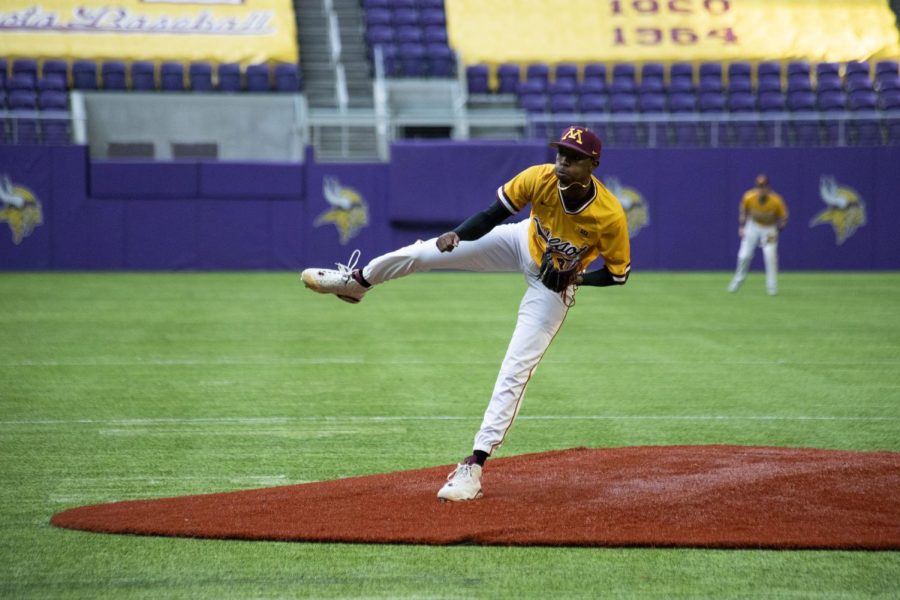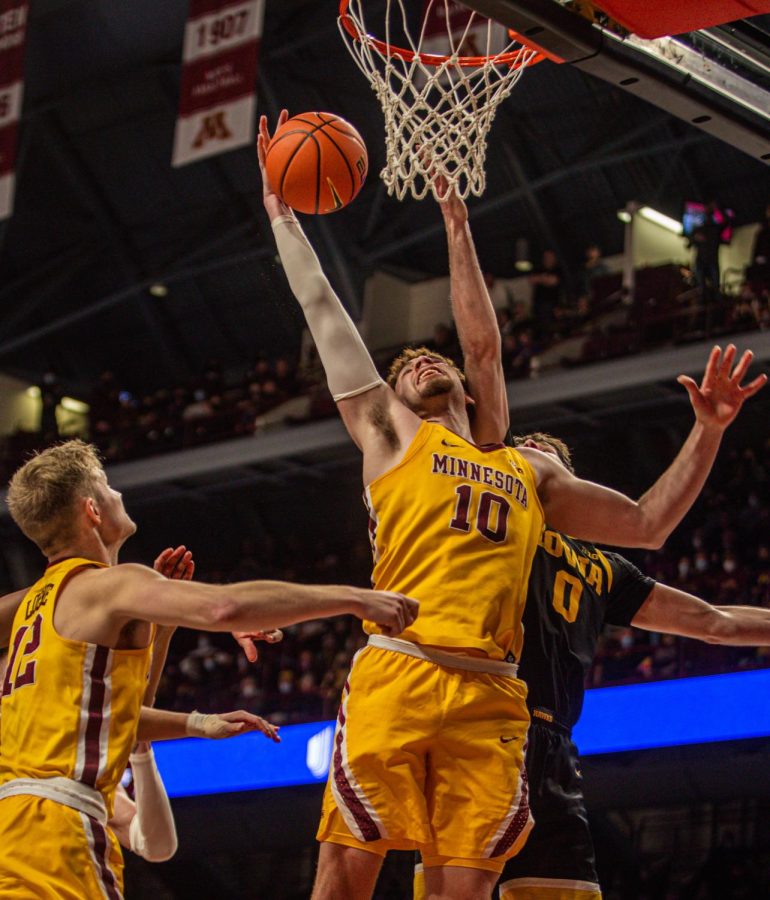“I just feel like the residence halls that [seem] less nice, people feel more okay damaging [them],” said first-year student Calvin Cox, who lives in Territorial Hall.
Vandalism and destruction in University of Minnesota residence halls have been increasing in recent years, but this year vandals have moved beyond taking down lights, according to Susan Stubblefield, the interim director of Housing & Residential Life (HRL).
Residents in Territorial Hall have seen stolen exit signs, broken windows, stolen shower faucets, ceiling lights smashed on the ground and broken emergency exit doors in the first few months of living in the community complex.
The newest residence hall on campus, 17th Avenue Hall, has seen students punching holes in the wall, and further damaging the complex by tearing away around the edges of the holes days afterwards.
Cox said peers would send daily photos to show the increase in damage.
“There are a ton of my friends at 17th that would every day take a picture next to the holes in the walls, and they would get bigger and bigger every day,” he said.
The Territorial Hall Residence Director, Hansen Karyakose, sent an email on Sep. 23 telling residents that this destruction amounted to “felony-level offense[s] for any involved parties” and that investigations were underway.
A follow-up email sent on Nov. 28 encouraged students to continue reporting vandalism they witnessed. Stubblefield said the University of Minnesota Police Department (UMPD) is currently investigating and no charges have been made yet.
The damages section of the housing contract residents sign stipulates students must pay in full for any damages or destruction incurred in their time living in campus housing. Stubblefield clarified the Office of Community Standards has a standard process that looks at “a variety of sanctions available if students are found responsible.”
Students that live in the dorms are split on what HRL could or should do to prevent vandalism in their halls.
“I think that the residence halls in general should have a more strict code of conduct to begin with when it comes to the behavior of the residents, and they should find ways so that the individuals who are committing the acts are punished,” first-year student Atley Schreiner said. But the punishment should be general “to everyone living in the hall,” she said.
Cox disagreed. “You can’t put cameras in the bathroom,” he said. “I mean, there’s not much that I feel like [HRL] can do, [that] they aren’t already trying to do.”
He went on to say he has not felt any daily inconveniences from the damage.
Some students are still skeptical, however, whether any enforcement would change behavior because of preconceived ideas of Territorial, which is colloquially referred to as the party dorm or “trashy,” according to Schreiner.
“I just feel like our dorm [Territorial], compared to other dorms that I’ve been in is a lot more dingy and just kind of has a worn feeling, whereas other dorms seemed newer and nicer,” Cox said. “They have noticeably less damage.”

















